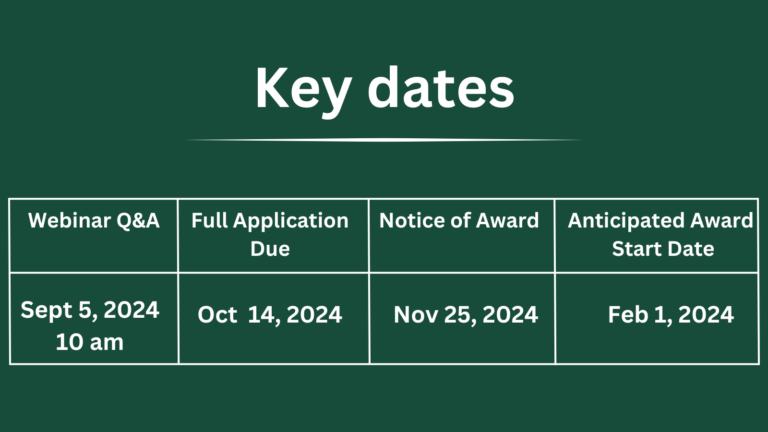The theme of the Center is Urbanism, Air Pollution, Children’s Health and Environmental Impacts.

The Southern California Children’s Environmental Health Research Translation Center is pleased to announce its request for applications for 1-year pilot projects intended to promote children’s environmental health research translation. The theme of the Center is Urbanism, Air Pollution and Climate Change, Children’s Health, and Environmental Impacts.
Responsive pilot projects include development or application of novel approaches and tools that lead to better understanding of health hazards in children’s environments and to behavior change or engagement with solutions or policy that have potential to change unhealthy environments.
Interdisciplinary collaborations are encouraged from disciplines not traditionally represented in children’s environmental health research: arts and humanities, social sciences, architecture and urban planning, engineering, communications, in addition to health sciences.
Challenges of interest include reducing health effects of children’s environmental exposures to: air pollution, noise, traffic or port-related exposures; neighborhood deprivation; chemical exposures.
There are three categories of funding:
1. Collaboration grants to build partnerships, especially across disciplines and/or community groups to develop projects and proposals, or small self-contained projects, to solve children’s environmental health challenges – Up to $15,000. Applications may be submitted at any time and are funded on a rolling basis.
2. Medium sized pilot project awards up to $40,000 for larger efforts, for example leveraging an existing resource to complete a complementary project or to collect preliminary data or show feasibility of innovative new methods to support an application for external funding.
3. Larger pilot projects, typically up to $80,000, for projects with potential for high impact on children’s environmental health, exceptional innovation and/or clear prospect for external funding.
Projects with engaged communities to address environmental burdens and health disparities in Southern California are eligible for $15,000 in additional funds.
USC full-time faculty or research scientists are eligible to apply. Awards up to $5,000 in total costs are also available for postdoctoral fellows or predoctoral graduate students with a strong faculty mentoring team.
For additional questions: please contact Dayane Duenas Barahona (duenasga@usc.edu)